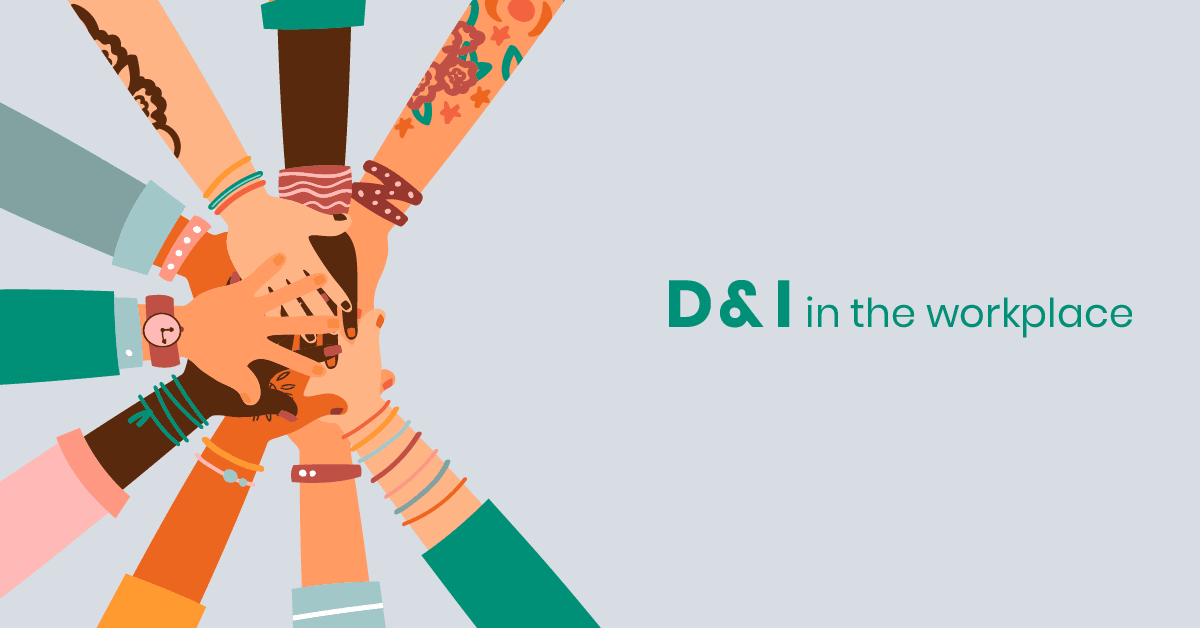In today’s diverse and globalized workplace, the importance of diversity and inclusion consulting cannot be overstated. Implementing comprehensive diversity, equity, and inclusion (DEI) training programs is not just a trend but a strategic necessity for organizations aiming to foster a dynamic and productive workforce.
DEI training equips managers and employees with the knowledge, skills, and mindset needed to embrace differences, promote fairness, and cultivate a culture of inclusivity. This blog explores how DEI training can significantly enhance team dynamics and productivity, leading to more innovative and resilient organizations.
Understanding DEI Training
What is DEI Training?
DEI training encompasses a range of educational programs designed to increase awareness, sensitivity, and skills related to diversity, equity, and inclusion. These programs typically cover various topics, including unconscious bias, cultural competency, inclusive leadership, and strategies for creating equitable work environments.
The Goals of DEI Training
The primary objectives of DEI training are to:
- Raise Awareness: Educate employees about the importance of diversity and the challenges associated with inequity and exclusion.
- Change Attitudes: Foster positive attitudes towards diversity and inclusion, challenging stereotypes and reducing prejudices.
- Develop Skills: Equip employees with practical skills to manage and leverage diversity effectively.
- Create Inclusive Cultures: Promote practices and behaviors that support an inclusive work environment where everyone feels valued and respected.
The Impact of DEI Training on Team Dynamics
Enhanced Communication
Effective communication is the cornerstone of any successful team. DEI training helps employees develop better communication skills by:
- Encouraging Open Dialogue: Training sessions create a safe space for employees to share their experiences and perspectives, fostering open and honest communication.
- Reducing Misunderstandings: By increasing cultural competency, DEI training reduces the likelihood of misunderstandings arising from cultural differences.
Strengthened Trust and Collaboration
Trust and collaboration are essential for high-performing teams. DEI training enhances these aspects by:
- Building Trust: When employees feel valued and included, trust naturally follows. DEI training helps create an environment where employees trust their colleagues and feel confident in sharing ideas and feedback.
- Encouraging Teamwork: Inclusive practices promote a sense of belonging, encouraging employees to work together towards common goals.
Increased Innovation and Creativity
Diverse teams bring a wealth of perspectives and ideas, driving innovation and creativity. DEI training supports this by:
- Promoting Diverse Thinking: By valuing different viewpoints, DEI training encourages employees to think outside the box and consider alternative solutions.
- Enhancing Problem-Solving: Diverse teams are better equipped to solve complex problems, as they can draw on a broader range of experiences and knowledge.
Reduced Conflict
Conflict can be detrimental to team dynamics and productivity. DEI training helps mitigate conflict by:
- Addressing Bias: Training programs highlight unconscious biases and provide strategies to counteract them, reducing bias-related conflicts.
- Promoting Empathy: DEI training encourages empathy and understanding, helping employees appreciate different perspectives and resolve conflicts amicably.
The Impact of DEI Training on Productivity
Higher Employee Engagement
Engaged employees are more productive and committed to their work. DEI training boosts engagement by:
- Creating a Sense of Belonging: When employees feel included and valued, they are more likely to be engaged and motivated.
- Enhancing Job Satisfaction: Inclusive workplaces where diversity is celebrated lead to higher job satisfaction and lower turnover rates.
- Fostering Employee Loyalty: Employees who feel their unique contributions are recognized and appreciated are more likely to stay with the organization.
Improved Decision-Making
Inclusive teams make better decisions by leveraging diverse perspectives. DEI training enhances decision-making by:
- Encouraging Diverse Input: Training programs emphasize the importance of seeking input from all team members, leading to more informed and balanced decisions.
- Reducing Groupthink: Diverse teams are less prone to groupthink, as they are more likely to consider different viewpoints and challenge assumptions.
- Enhancing Critical Thinking: DEI training promotes critical thinking skills, enabling employees to evaluate information and make better decisions.
Enhanced Employee Performance
DEI training directly impacts employee performance by:
- Building Competence: Training programs develop employees' skills and knowledge, enhancing their ability to perform their roles effectively.
- Boosting Confidence: When employees feel supported and valued, their confidence increases, leading to better performance.
- Encouraging Accountability: Inclusive environments promote accountability, as employees understand the importance of their contributions to the team's success.
Attracting and Retaining Top Talent
Organizations that prioritize DEI are more attractive to top talent. DEI training supports talent acquisition and retention by:
- Building a Positive Reputation: Companies known for their commitment to DEI are more appealing to job seekers.
- Enhancing Employer Branding: DEI initiatives, including training programs, contribute to a positive employer brand.
- Fostering Career Growth: Inclusive workplaces that invest in DEI training provide opportunities for career advancement, attracting ambitious and talented individuals.
Implementing Effective DEI Training Programs
Assessing Organizational Needs
Before implementing DEI training, it’s essential to assess the organization’s specific needs and challenges. This involves:
- Conducting Surveys and Interviews: Gather input from employees to understand their experiences and perceptions related to diversity and inclusion.
- Analyzing Data: Review demographic data, turnover rates, and employee satisfaction surveys to identify areas needing improvement.
- Setting Goals: Establish clear, measurable goals for the DEI training program based on the assessment findings.
Conclusion
DEI training is a powerful tool for improving team dynamics and productivity. By fostering better communication, trust, collaboration, and innovation, DEI training creates a more harmonious and effective work environment. Additionally, it enhances employee engagement, decision-making, performance, and talent retention, driving overall organizational success. Implementing tailored and ongoing DEI training programs with strong leadership support and measurable goals can transform workplaces into inclusive and high-performing environments, benefiting both employees and the organization as a whole.










